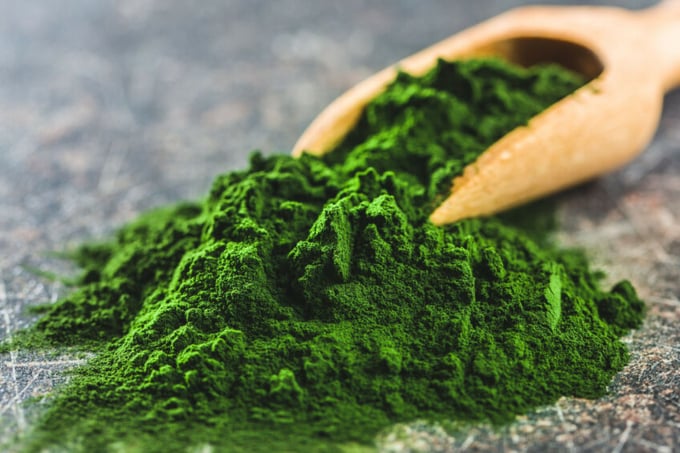May 24, 2025 | 16:28 GMT +7
May 24, 2025 | 16:28 GMT +7
Hotline: 0913.378.918
May 24, 2025 | 16:28 GMT +7
Hotline: 0913.378.918

This chlorella poultry feed additive also serves as a source of essential macro and microelements. Photo: Canva
The product is said to be “tens of times cheaper” compared with synthetic antibiotics and their common alternatives. The developed product is classified as a phytobiotic additive and the scientists estimate it could lower costs associated with flock protection from infectious diseases by a factor of 20 times.
Today, poultry farms try to avoid economic losses associated with infectious diseases among poultry, actively using antibiotics, hormonal drugs and growth stimulants, Marina Makartseva, one of the authors of the study, commented.
Compared with other chlorella-based products, the C-2019 strain stands out with its higher content of flavonoids – active components with potent antibacterial features.
Production technology
Penza State University scientists have also shared details of their production method. Chlorella is first grown in a special cultivator after which it is dried at 40°C in a drying cabinet and ground in a homogenizer – a device used in pharmaceutical production to obtain homogeneous mixtures with a stable structure and certain chemical properties.
The dry powder is placed in a flask and filled with an extractant – 95% ethyl alcohol – in a ratio of 1:30. The mixture is then infused in a water bath for 3 hours. The scientists reported that the process is completed by filtering the liquid extract into vials.
The additive can be administered through water or feed. While Russian veterinary regulations require feed antibiotics to be phased out 14 days before slaughter, the phytobiotic additive can be used throughout the entire animal’s life cycle.
Multiple advantages
“Another advantage of this additive is that it not only kills bacteria but also serves as a source of essential macro and microelements necessary to improve feed conversion. It also prevents vitamin deficiencies,” the university press office stated.
The cost is estimated to range between Rub 300 (€3) and 350 (€3.5) per 30 ml/l, while the researchers emphasised that the price of antibiotics can reach Rub 6,000 (€60).
“In addition to its availability, the feed supplement can be stored for a long time after opening; it does not need to be diluted independently,” the university noted.
Some first field trials may already be underway, as the university is in negotiations about testing the additive at several Penza farms. The scientists already mull export plans, assuming that the additive could be of interest to poultry farmers in China, India and African countries.
(PW)

(VAN) Alt Carbon has raised $12 million in a seed round as it plans to scale its carbon dioxide removal work in the South Asian nation.

(VAN) Attempts to bring down the price of the Japanese staple have had little effect amid a cost-of-living crisis.

(VAN) Fourth most important food crop in peril as Latin America and Caribbean suffer from slow-onset climate disaster.

(VAN) Shifting market dynamics and the noise around new legislation has propelled Trouw Nutrition’s research around early life nutrition in poultry. Today, it continues to be a key area of research.

(VAN) India is concerned about its food security and the livelihoods of its farmers if more US food imports are allowed.

(VAN) FAO's Director-General emphasises the need to work together to transform agrifood systems.

(VAN) Europe is facing its worst outbreak of foot-and-mouth since the start of the century.